Super cycle for residential property to come to an end
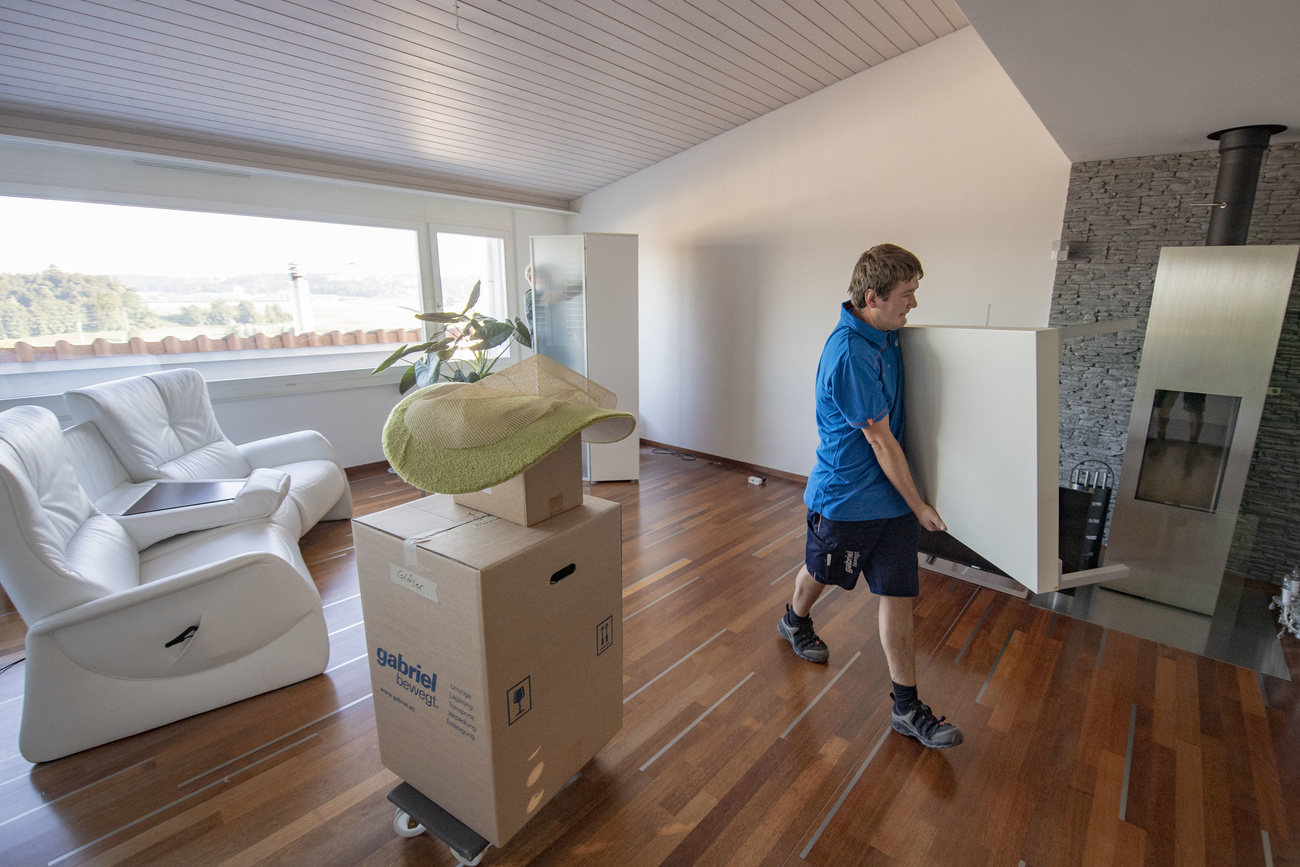
In many neighbouring countries, real estate has lost value in recent months, in some cases significantly. Not so in Switzerland. However, the boom is likely to be over here soon as well.
In Germany, for example, transaction prices for residential property have fallen by almost 10% in the last twelve months as a result of the turnaround in interest rates. In Switzerland, on the other hand, there was a further increase of 4.9%, as the property consultancy IAZI reported on Tuesday.
According to IAZI, the reasons for this are the positive economic environment in Switzerland, low inflation and lower interest rates compared to other countries, as well as full employment and immigration.
No signs of a “seller’s market”
As a result, fewer and fewer people can afford to buy their own home. A typical detached house according to IAZI criteria currently costs over CHF3 million in the canton of Zurich and just under CHF3 million ($3.33 million) in Geneva. To fulfil the affordability guidelines, a household would have to earn more than CHF300,000.
However, according to the Federal Statistical Office, only 17.5% of the working population earn a gross income of more than CHF104,000. This means that in many parts of Switzerland, the dream of owning a home can hardly be realised. Demand is therefore very low.
IAZI mentions the decline in new mortgages taken out by private households as a further sign of an end to price growth. However, the slowdown is taking place at a very high property price level.
However, there are still no signs of an actual “seller’s market”. The current interest rates are still acceptable and would not force anyone to sell their own four walls. This means that anyone who wants to sell has time.
Fewer transactions
Nevertheless, according to the IAZI, the number of transactions has fallen massively from its peak during the coronavirus boom in 2021 to 2023. In central Switzerland, eastern and south-eastern Switzerland, parts of Ticino and parts of French-speaking Switzerland, the number of transactions fell by between 10% and 40% in one year. At the same time, properties were advertised on the platforms for longer.
High offer rates (3% and more) for single-family homes are primarily found in French-speaking Switzerland, Ticino and the Jura. Only in Zurich, around Lake Zurich and in parts of central Switzerland is there still a shortage of advertised single-family homes, with a rate of less than 1%.
The supply of condominiums is still very tight. There is a shortage here not only in Zurich, Bern, parts of Central Switzerland and Eastern Switzerland. Even in Ticino and French-speaking Switzerland, the supply rates are only just above 1.4%. Given the current rise in interest rates, smaller properties are now increasingly in demand.
Tenants have to dig deep into their pockets
Tenants are also facing generally higher prices. Advertised asking rents have risen sharply over the last five years, particularly in Zug (9.5%), Zurich (6.3%) and Bern (4.7%). The average increase in rents in Switzerland is 4.4%.
As a result of the turnaround in interest rates, existing tenants now also have to pay more. Landlords can pass on the increase in the mortgage reference interest rate and therefore increase rents. In addition, 40% of inflation and annual flat-rate costs of around 0.5% can be passed on to tenants. According to IAZI, many tenants will probably have to recalculate their budgets for 2024.
This news story has been written and carefully fact-checked by an external editorial team. At SWI swissinfo.ch we select the most relevant news for an international audience and use automatic translation tools such as DeepL to translate it into English. Providing you with automatically translated news gives us the time to write more in-depth articles. You can find them here.
If you want to know more about how we work, have a look here, and if you have feedback on this news story please write to english@swissinfo.ch.

In compliance with the JTI standards
More: SWI swissinfo.ch certified by the Journalism Trust Initiative













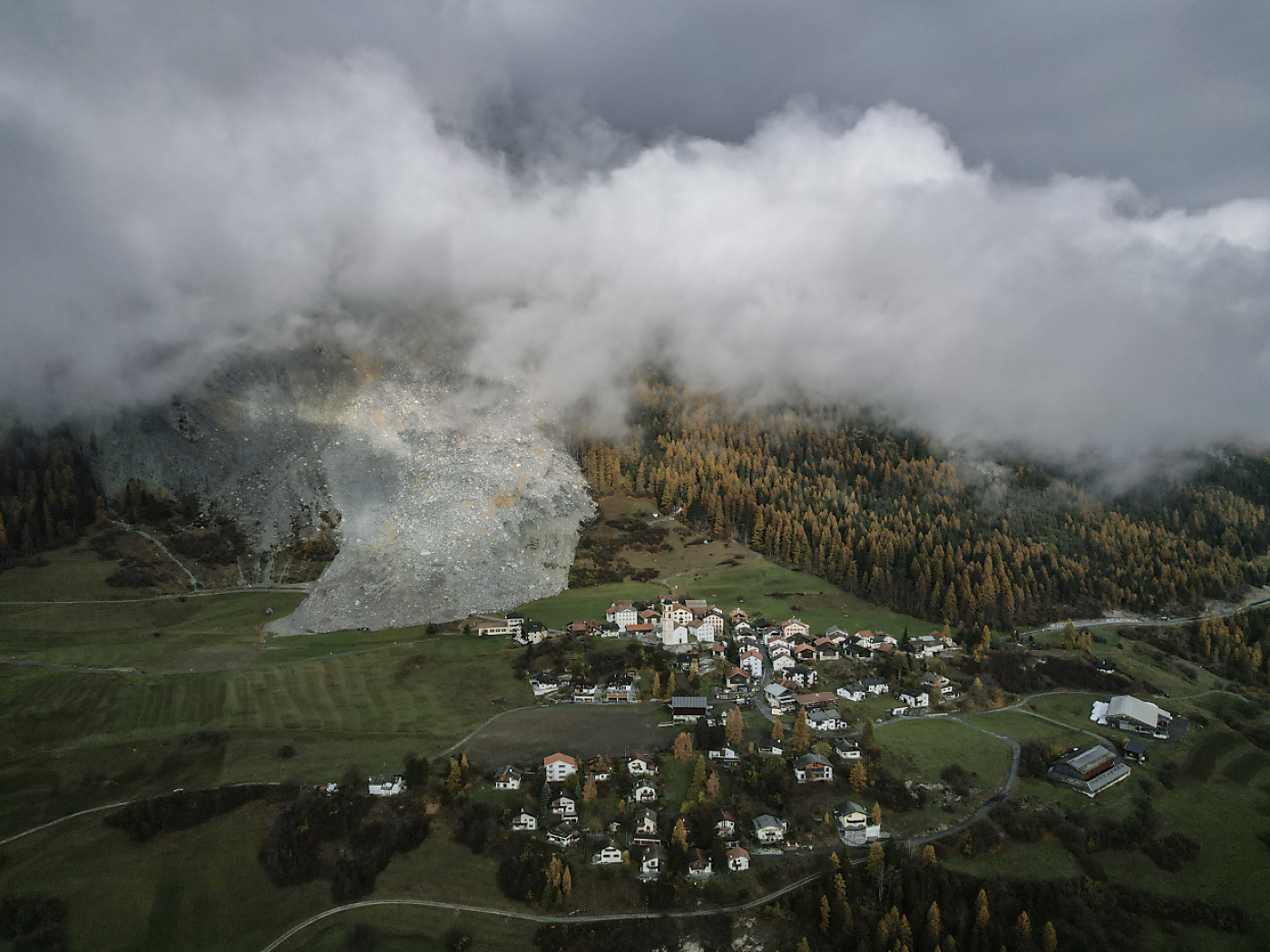



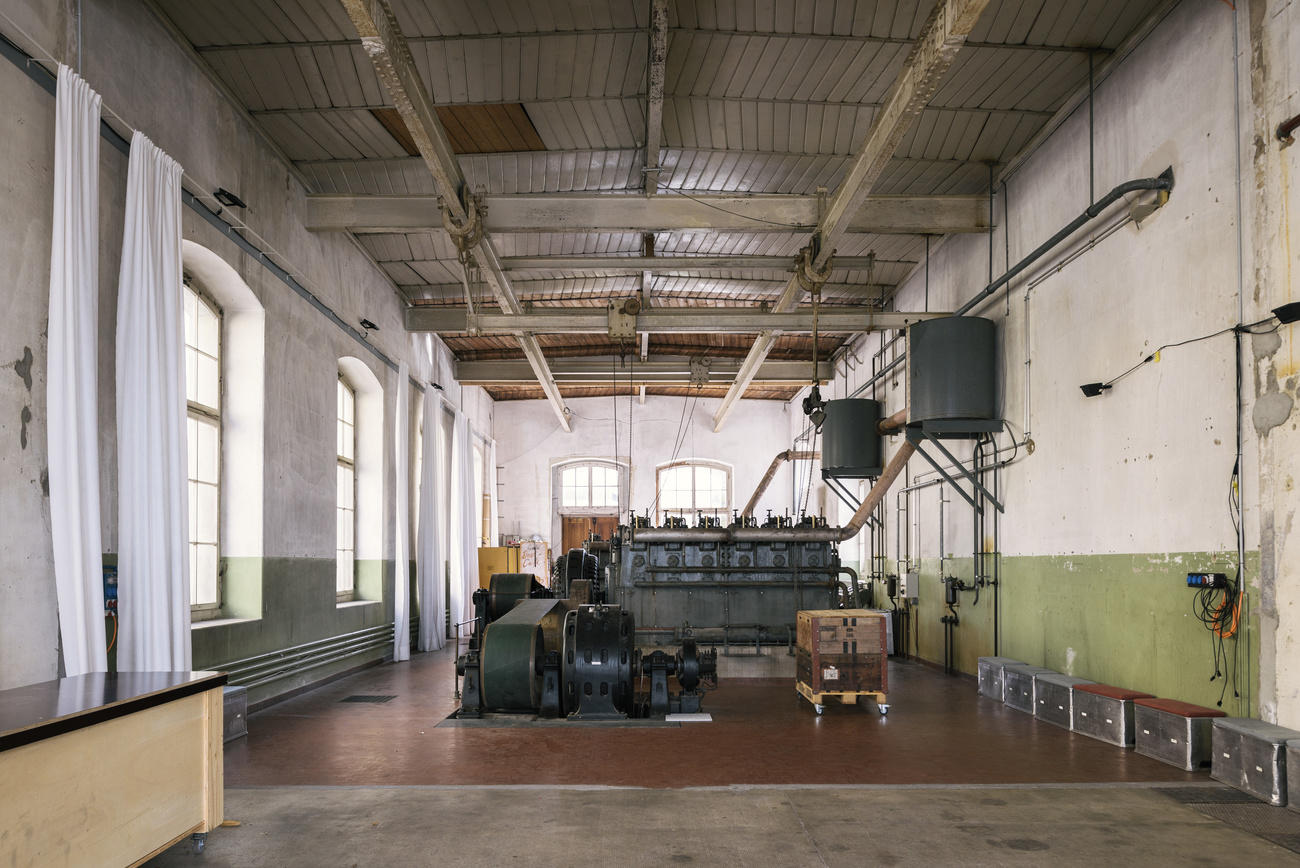

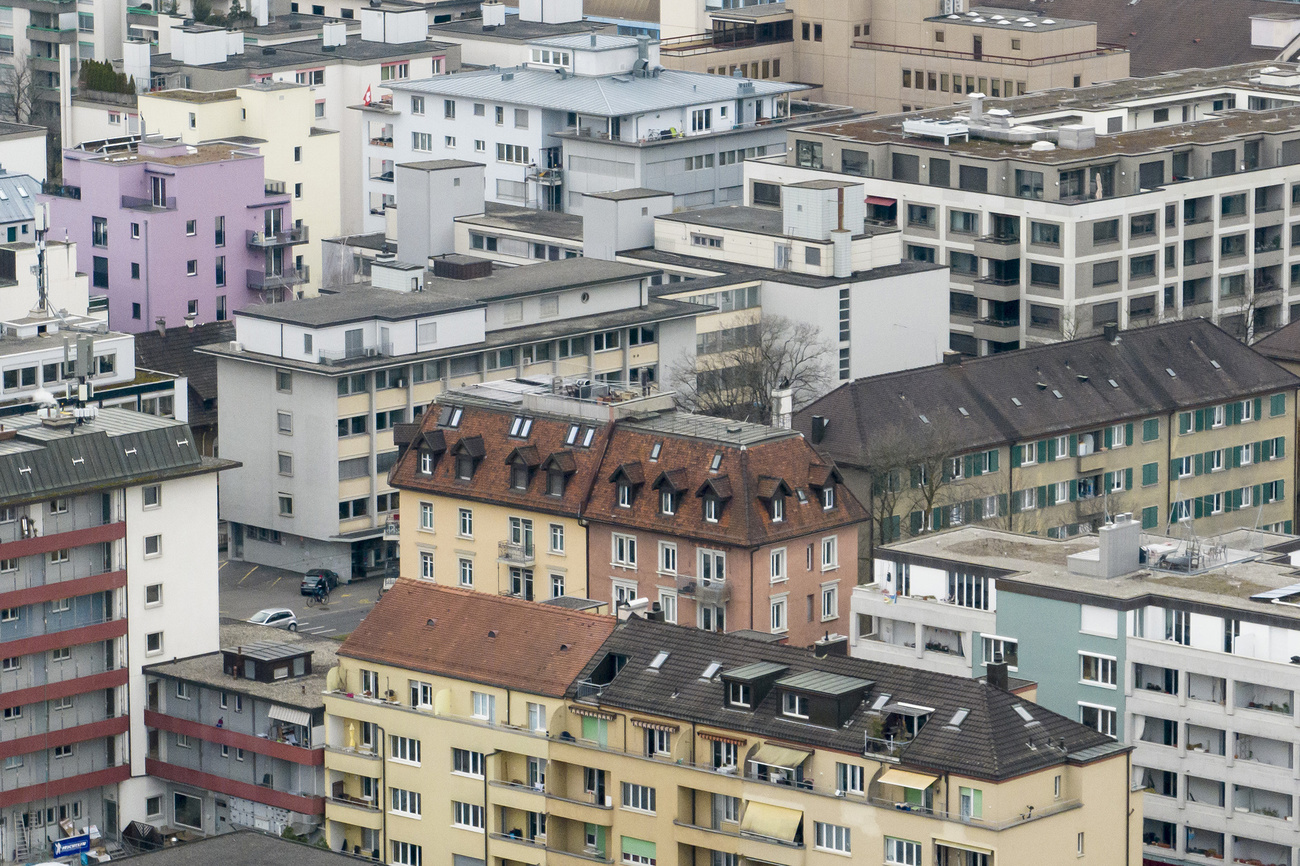
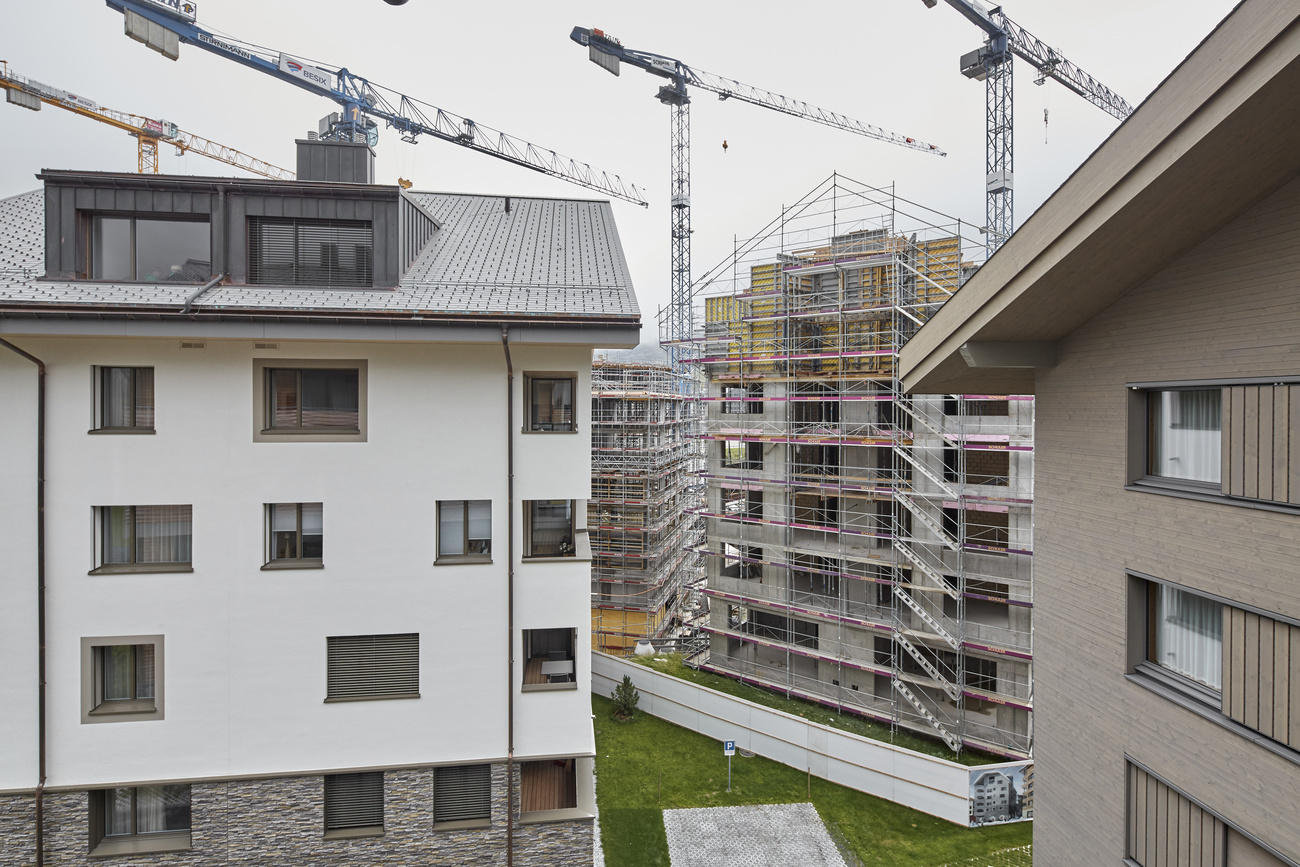
You can find an overview of ongoing debates with our journalists here . Please join us!
If you want to start a conversation about a topic raised in this article or want to report factual errors, email us at english@swissinfo.ch.